In today’s digital marketing landscape, pay-per-click (PPC) advertising is a powerful strategy that drives traffic, generates leads and boosts sales. However, mastering PPC isn’t just about setting up a few ads and waiting for the magic to happen—it requires strategic planning, ongoing optimization, and meticulous management.
This is where pay-per-click management plays a vital role. In this blog, we’ll explore what PPC management entails, how it works, and why it’s crucial for businesses aiming to maximize their return on investment (ROI).
What Is Pay Per Click (PPC) Management?
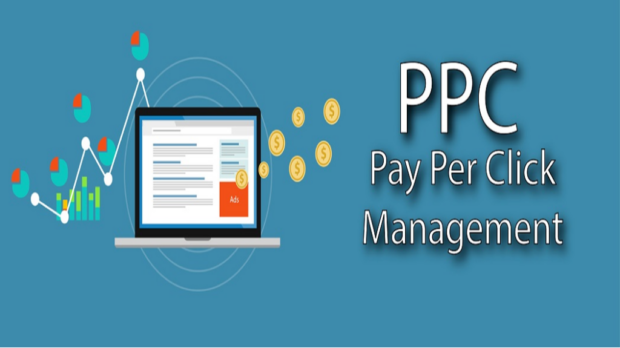
Pay-per-click management refers to the process of overseeing and optimizing PPC advertising campaigns. It involves crafting compelling ad copy, selecting the right keywords, setting budgets, monitoring performance, and continuously refining strategies to achieve the best possible results.
Effective PPC management ensures that every dollar spent on advertising contributes to reaching the right audience at the right time with the right message.
The Core Elements of PPC Management
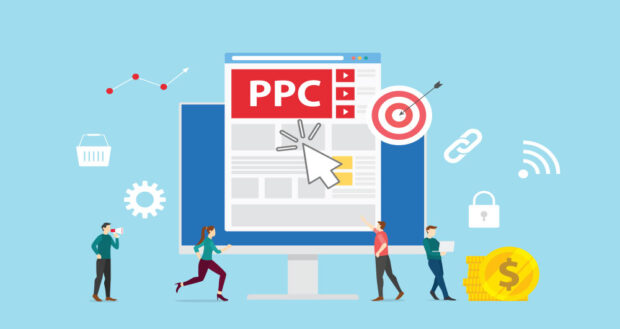
Managing a PPC campaign involves several critical components:
1. Keyword Research
Keyword research is the foundation of any successful PPC campaign. It involves identifying the search terms your target audience is likely to use when looking for your products or services. Tools like Google Keyword Planner, SEMrush, and Ahrefs help uncover high-performing keywords with manageable competition.
A good PPC manager balances broad, exact, and long-tail keywords to ensure the campaign reaches diverse audiences while staying cost-effective.
2. Campaign Setup
Setting up a PPC campaign includes:
- Choosing a Platform: Popular options include Google Ads, Bing Ads, Facebook Ads, and LinkedIn Ads.
- Defining Objectives: Goals may include driving website traffic, increasing sales, or generating leads.
- Ad Group Segmentation: Grouping ads based on themes or target audiences ensures better targeting and relevancy.
3. Ad Creation
Creating compelling and clickable ads is an art. PPC ads typically consist of:
- Headlines: Grabbing attention with concise, impactful messages.
- Descriptions: Offering value propositions or addressing pain points.
- Call-to-Actions (CTAs): Encouraging users to take specific actions, such as “Learn More” or “Shop Now.”
4. Landing Page Optimization
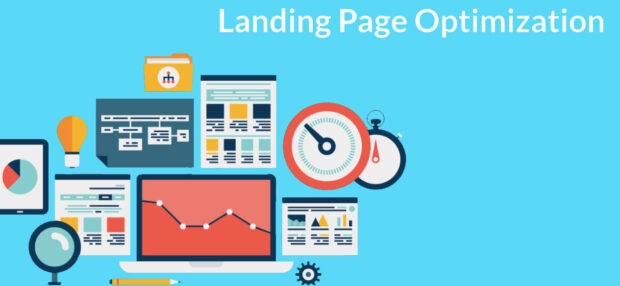
Even the best ads won’t convert if the landing pages they lead to are poorly designed. A PPC manager ensures that landing pages are:
- Fast-loading and mobile-friendly.
- Aligned with the ad’s messaging.
- Optimized for conversions with clear CTAs and forms.
5. Bid Strategy
PPC platforms operate on a bidding system where advertisers bid on keywords for ad placement. Bid strategies can vary based on goals, including:
- Manual CPC (Cost-Per-Click): Advertisers set maximum bids for keywords.
- Enhanced CPC: Adjusts bids based on the likelihood of conversion.
- Target ROAS (Return on Ad Spend): Optimizes bids to maximize revenue.
6. Performance Tracking and Analytics
Analyzing campaign performance is a continuous process. Key metrics include:
- CTR (Click-Through Rate): Measures ad effectiveness in generating clicks.
- Quality Score: Google’s assessment of ad relevance and landing page quality.
- Conversion Rate: The percentage of users who take the desired action after clicking.
- Cost Per Conversion: Indicates how much is spent on acquiring a single lead or sale.
The PPC Management Process
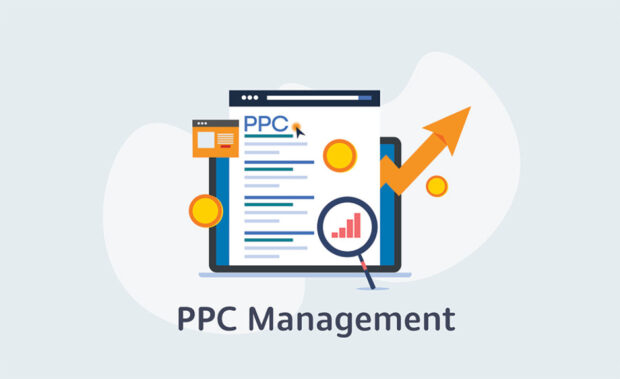
The journey of PPC management involves the following stages:
1. Initial Campaign Setup
When starting a campaign, a PPC manager focuses on:
- Understanding the client’s goals, target audience, and budget.
- Performing detailed competitor analysis to identify opportunities.
- Structuring the account into campaigns and ad groups for maximum efficiency.
2. Testing and Launch
Launching a PPC campaign isn’t a one-and-done task. The manager conducts A/B testing on:
- Different ad copy variations.
- Multiple landing pages.
- Diverse bidding strategies.
This testing phase helps identify what works best for the specific audience.
3. Monitoring and Optimization
Once live, the campaign requires constant monitoring. A PPC manager:
- Tracks performance metrics daily or weekly.
- Pauses underperforming ads.
- Adjusts bids based on competition and conversion rates.
- Implements negative keywords to filter irrelevant traffic.
4. Reporting and Analysis
Regular reporting is critical for transparency and data-driven decision-making. Reports typically include:
- Insights into ROI and ad spend efficiency.
- Recommendations for future improvements.
- Performance breakdowns by platform, keyword, and demographic.
5. Continuous Refinement
PPC management doesn’t stop after achieving initial success. The process is iterative, with the manager constantly:
- Adapting to changes in market trends and consumer behavior.
- Staying updated on platform algorithm updates.
- Experimenting with new ad formats and features.
Benefits of Professional PPC Management
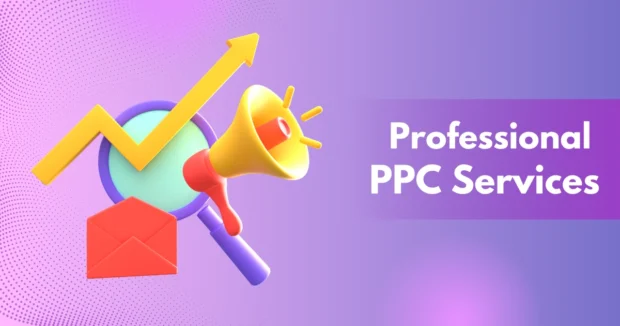
Businesses often choose professional PPC management services because of the following advantages:
1. Expertise and Experience
Managing a PPC campaign requires knowledge of the platforms, tools, and strategies that deliver results. Professional managers bring years of expertise to the table, ensuring campaigns are efficient and effective.
2. Time Savings
Running a business is time-consuming, and PPC management can be equally demanding. Outsourcing PPC management frees up time for business owners to focus on core operations.
3. Improved ROI
By continuously optimizing campaigns, PPC managers ensure every dollar spent delivers maximum value. They reduce wasteful ad spend by targeting only the most relevant audiences.
4. Scalability
Professional management allows businesses to scale campaigns as they grow. Managers can quickly adjust budgets, expand into new markets, or launch seasonal promotions.
Common Challenges in PPC Management
While PPC advertising offers numerous benefits, managing campaigns comes with its challenges:
1. High Competition
Popular industries often see high keyword competition, driving up costs. Effective bid strategies and long-tail keywords can help mitigate this issue.
2. Platform Complexity
Platforms like Google Ads come with a steep learning curve. A lack of understanding can lead to poorly optimized campaigns.
3. Changing Algorithms
Search engines and social media platforms frequently update their algorithms, requiring constant adaptation to maintain performance.
4. Budget Constraints
Small businesses with limited budgets may struggle to compete. Careful keyword selection and targeting can help maximize results within tight budgets.
Is PPC Management Right for Your Business?
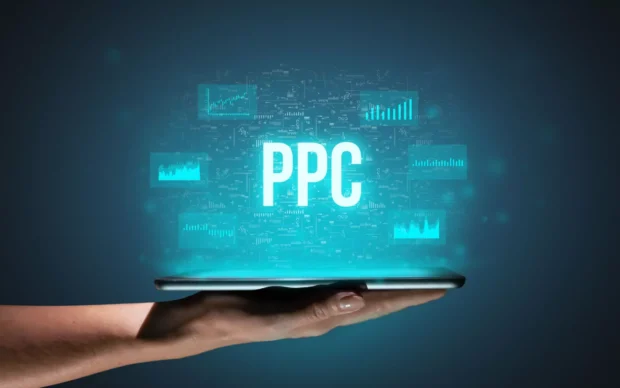
Investing in PPC management is ideal for businesses looking to:
- Increase Visibility: PPC ads place your business at the top of search results, boosting brand exposure.
- Generate Leads Quickly: Unlike organic SEO, PPC delivers immediate results.
- Compete in Competitive Markets: Strategic management helps businesses stand out in crowded industries.
However, PPC is most effective when paired with a solid overall marketing strategy, including SEO, content marketing, and social media outreach.
Choosing the Right PPC Management Partner
Selecting a reliable PPC management service is crucial. Consider these factors when choosing a partner:
- Proven Track Record: Look for agencies with a history of delivering results.
- Transparent Reporting: Ensure they provide clear and comprehensive reports.
- Custom Strategies: Avoid one-size-fits-all approaches.
- Communication: Effective collaboration requires regular updates and feedback.
Final Thoughts on PPC Management
Pay-per-click management is a dynamic and multifaceted process that combines creativity, data analysis, and strategic thinking. By leveraging professional PPC management services, businesses can achieve their marketing goals faster and more efficiently.
Whether you’re a small business looking to gain traction or an established brand aiming to dominate your market, PPC advertising can be a game-changer. To make the most of it, investing in skilled pay-per-click management is the key to success.
 Jewel Beat
Jewel Beat

